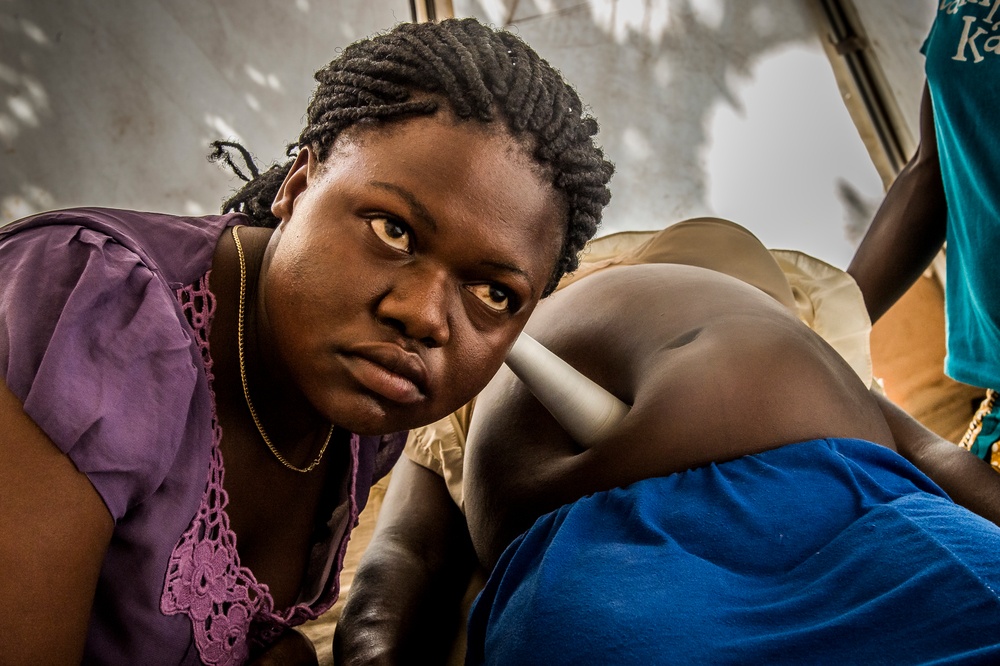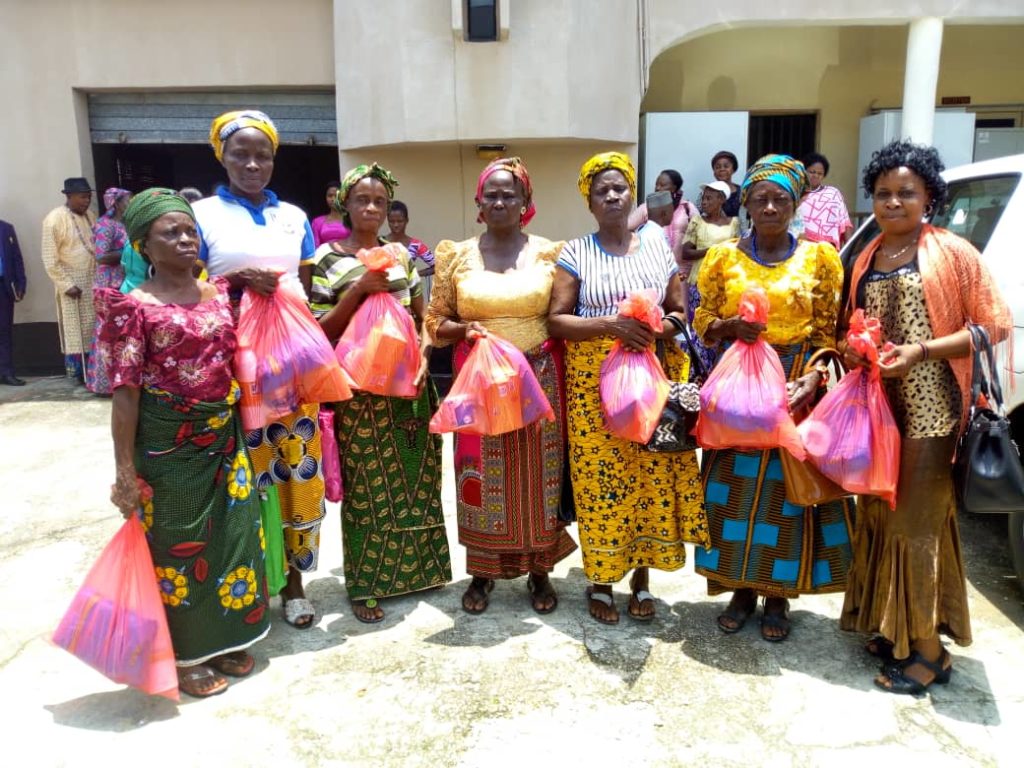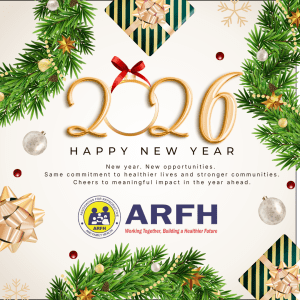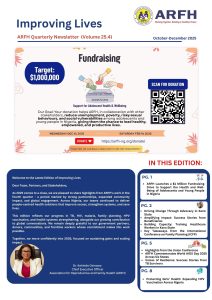ARFH is implementing community HIV testing services in 46 Local Government Areas (LGAs)across Five Global Fund priority states – Akwa-Ibom, Imo, Kaduna, Oyo and Rivers. One of the key objectives of this intervention is to ensure that pregnant women and other vulnerable groups get access to HIV testing and treatment services within their communities.
In order to meet the above grant objective, ARFH adopted a working strategy with key community actors especially the Traditional Birth Attendants who have bolstered confidence in attending to pregnant women in their communities.
Many reports indicate that pregnant women in rural communities prefer giving birth in traditional birth attendant homes than in hospitals due to many reasons. One of the reasons they quote is that TBAs are closer to them in the community unlike hospitals where they have to travel long distances to access healthcare. They also believe that TBAs are more supportive and attentive to their needs unlike hospital healthcare providers, coupled with the high cost they have to pay when they visit the hospital.

ARFH secured approval to work with 138 TBAs in 46 LGAs in the five project states under the Global Fund NFM Extension period through FHI360. Trained ARFH Counsellor Testers are assigned to these TBAs and are mandated to participate in all their clinic days where pregnant women attend antenatal. All new pregnant women are screened for HIV with their consent and the positive clients amongst them are escorted by the Counsellor Testers to the nearest Global Fund supported designated PMTCT center for immediate enrolment for PMTCT services.
HIV can be transmitted from an HIV positive woman to her child during pregnancy, childbirth and breastfeeding. However, the risk of mother-to-child transmission of HIV is low when HIV is detected as early as possible during pregnancy which is the main crux of this intervention. As part of our efforts to strengthen the operations for the TBAs, FHI360/AHNi in the project states support with provision of basic commodities to the TBAs to ensure improved hygiene and blood safety. Some of the commodities include cotton wool, methylated Spirit, hand gloves etc. Monthly communication support is also provided to help them facilitate their communication to Counsellor Testers.
It is hoped that with the effective partnership with the TBAs, ARFH will be able to scale up HIV testing services to more pregnant women and increase case detection which is the key for early treatment and prevention of HIV transmission to unborn children.





